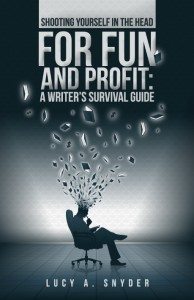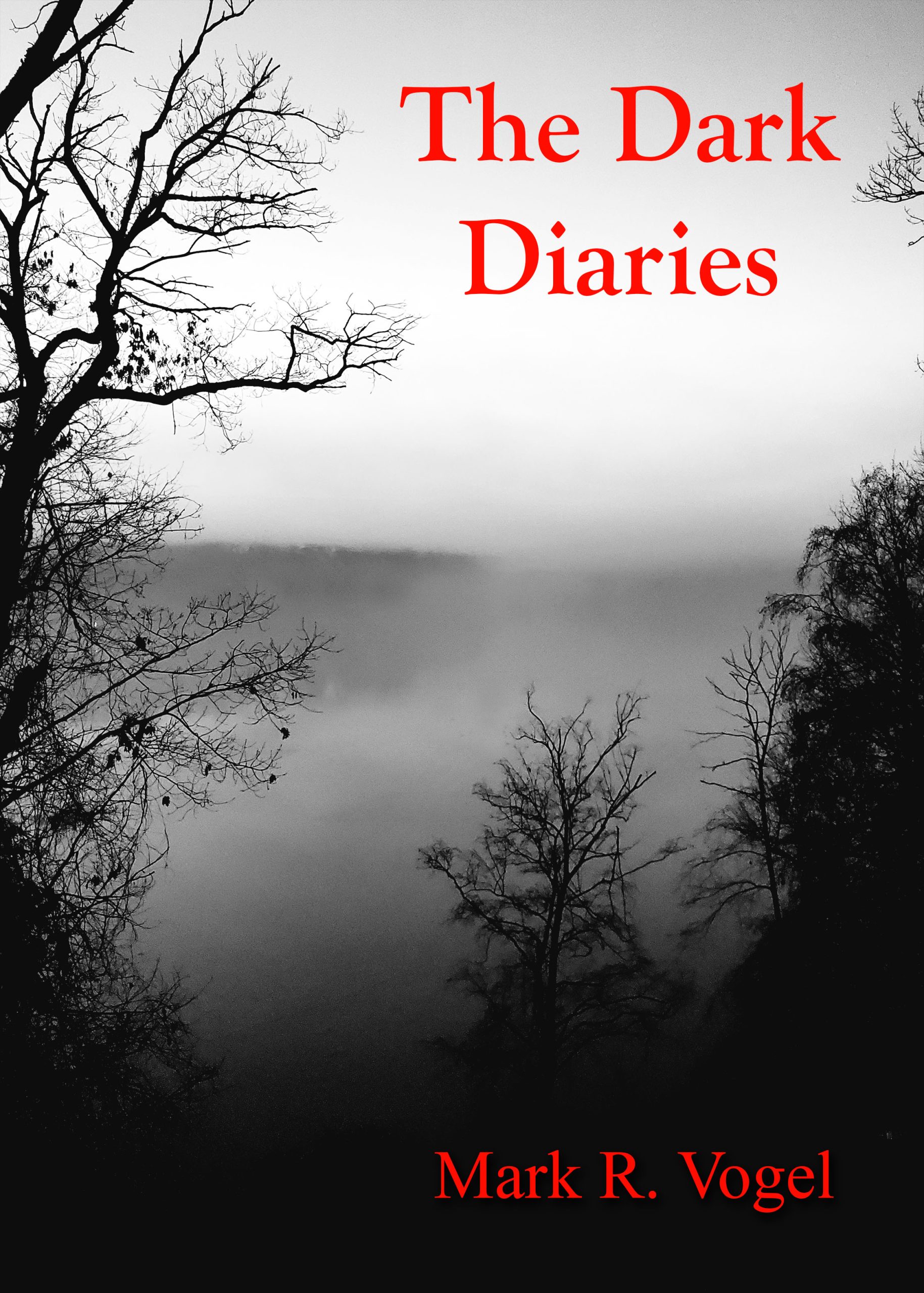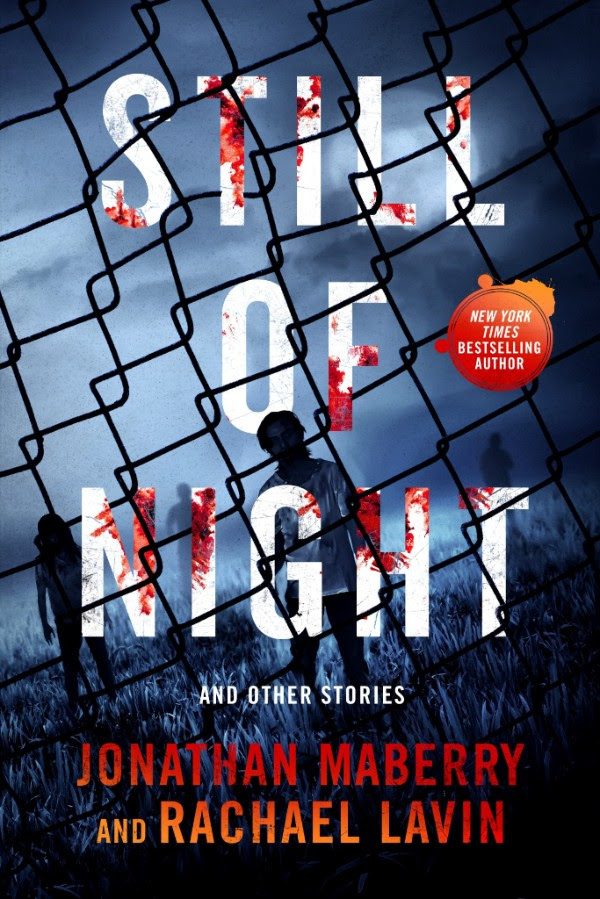In my fourth term in the Goddard MFA program, I had an important epiphany. I finally realized that it wasn’t just my other work slowing down my progress: I had been battling chronic writer’s block since my second term.
I know of a lot of ways to break a block and was able to fight through to get my work done, but none of the many tactics I tried ever fixed whatever underlying problem was causing my slowdowns. And the fight was constant.
I mentioned my block in my cover letters when I submitted my novel to my advisor John McManus and second reader Susan Kim:
Overall, this novel has been slow going, and I’ve felt tremendously frustrated with myself at my pace. I’ve been struggling with writers block for most of the past year: I’ve been getting my work done, mostly, eventually, but it’s felt like a battle every time I sit down to accomplish anything, and I’m not sure why it’s been happening. (I don’t expect you to have any suggestions that will magically cure this; I only bring it up because it’s been part of my process.)
Because I didn’t ask for advice, John did not mention the block in his feedback and instead focused on my novel in his reply (“Congratulations on completing this draft of The Girl With the Star-Stained Soul, which easily ranks as one of the most fully realized and successful theses I’ve seen at Goddard or anywhere. This is deft, strong writing.”) Susan, however, did address my difficulty:
You have my sincere sympathy. Have you also experienced a similar slowdown when writing short fiction? If not, this might just be your subconscious suggesting that you no longer want to write long form.
Her remarks gave me pause. Could it be that my subconscious was fighting me over writing in a form that I wasn’t cut out for? That thought was far more terrifying to me than a thousand blister-eyed shoggoths. But if it was my reality, I had to face it. So I considered all my Goddard writing, and my freelance writing assignments … and realized I’d had to fight through all of them to one degree or another.
It wasn’t my novel … it was everything.
That night, I happened to read “Burnout, Creativity, and the Tyranny of Production Schedules” by author Elizabeth Bear in which she discusses needing to take a break from her writing career:
Between life stress and overwork, I hit a wall at the end of last year. I’ve been struggling with actually accomplishing my job for a while − hating to sit down at the computer, being avoidant, generally feeling not so much blocked as if every word was being taken off my hide with a potato peeler.
“Yes!” I thought. “A potato peeler! That’s what this has felt like! Every single word!”
I read on, and she discussed how, after attending a critical peer workshop, she became hyper-critical of her own fiction and nothing she wrote ever seemed good enough to her. Invitations to write for new projects gave her a spike of anxiety. Her situation and reactions all seemed gut-churningly familiar to me.
If I continue to be successful, I will have more and more fiction projects … but I won’t have graduate school to juggle on top of it. If I am very successful, I won’t necessarily have to manage a full-time job on top of my writing career. I am fully aware that surviving purely on freelance income can become a special hell of stress and uncertainty; Bear found herself in the throes of burnout as a full-time fiction writer without a day job and adjuncting to attend to.
That said, I am certainly taking her cautionary tale to heart. I need to be better about saying “no” to projects that will cause more stress than they are worth in terms of creative expression, payment or prestige. I need to be better at attending to my own health needs, whether that is my mental health or physical maintenance activities like going to the gym as often as I should. If I don’t, my work and everything else will suffer.
(Continue on to Part 5)
- The Braided Novel - November 20, 2016
- Upside Down: Inverted Tropes in Storytelling - November 18, 2016
- You, Human - November 18, 2016
- A Horror Writer Pursues an MFA – Part 5 - November 2, 2016
- A Horror Writer Pursues an MFA – Part 4 - November 2, 2016
- A Horror Writer Pursues an MFA – Part 3 - November 2, 2016
- A Horror Writer Pursues an MFA – Part 2 - November 2, 2016
- A Horror Writer Pursues an MFA – Part 1 - November 2, 2016
- Jolly Fish Press is shutting down - October 23, 2016
- The Pox Party - October 16, 2016









Trackbacks/Pingbacks